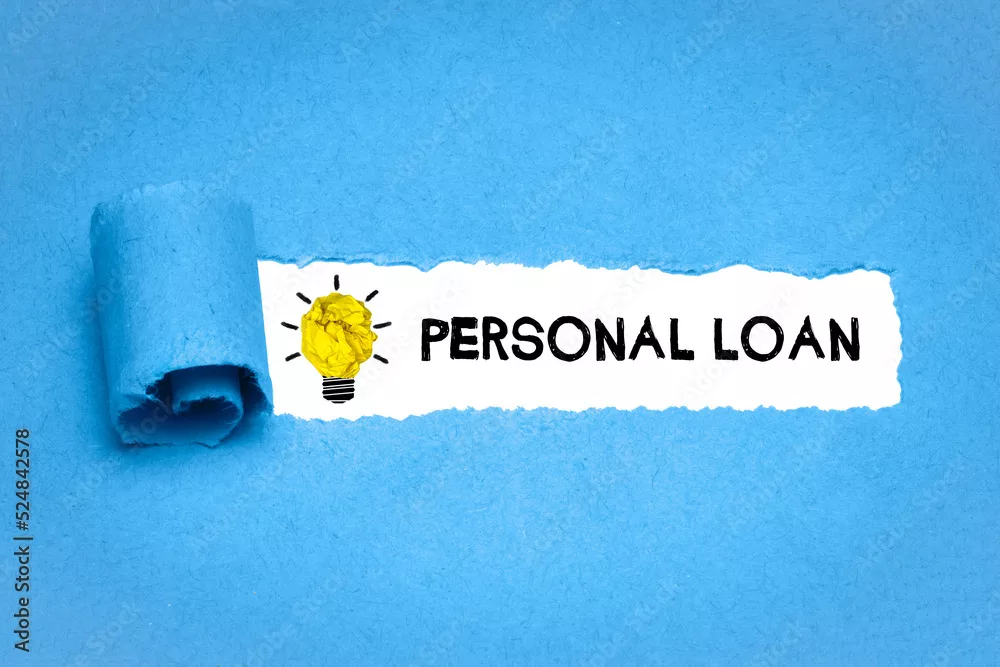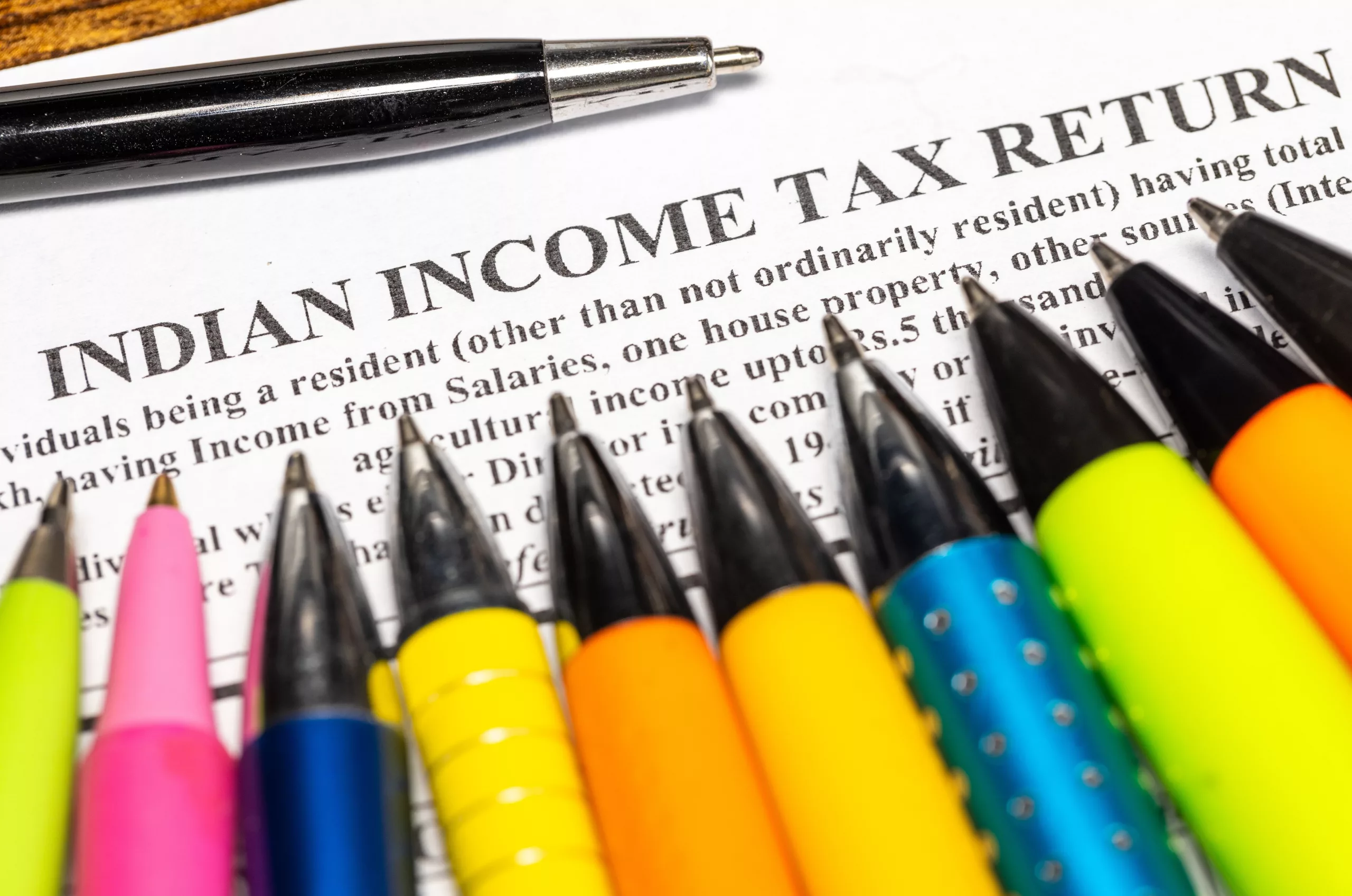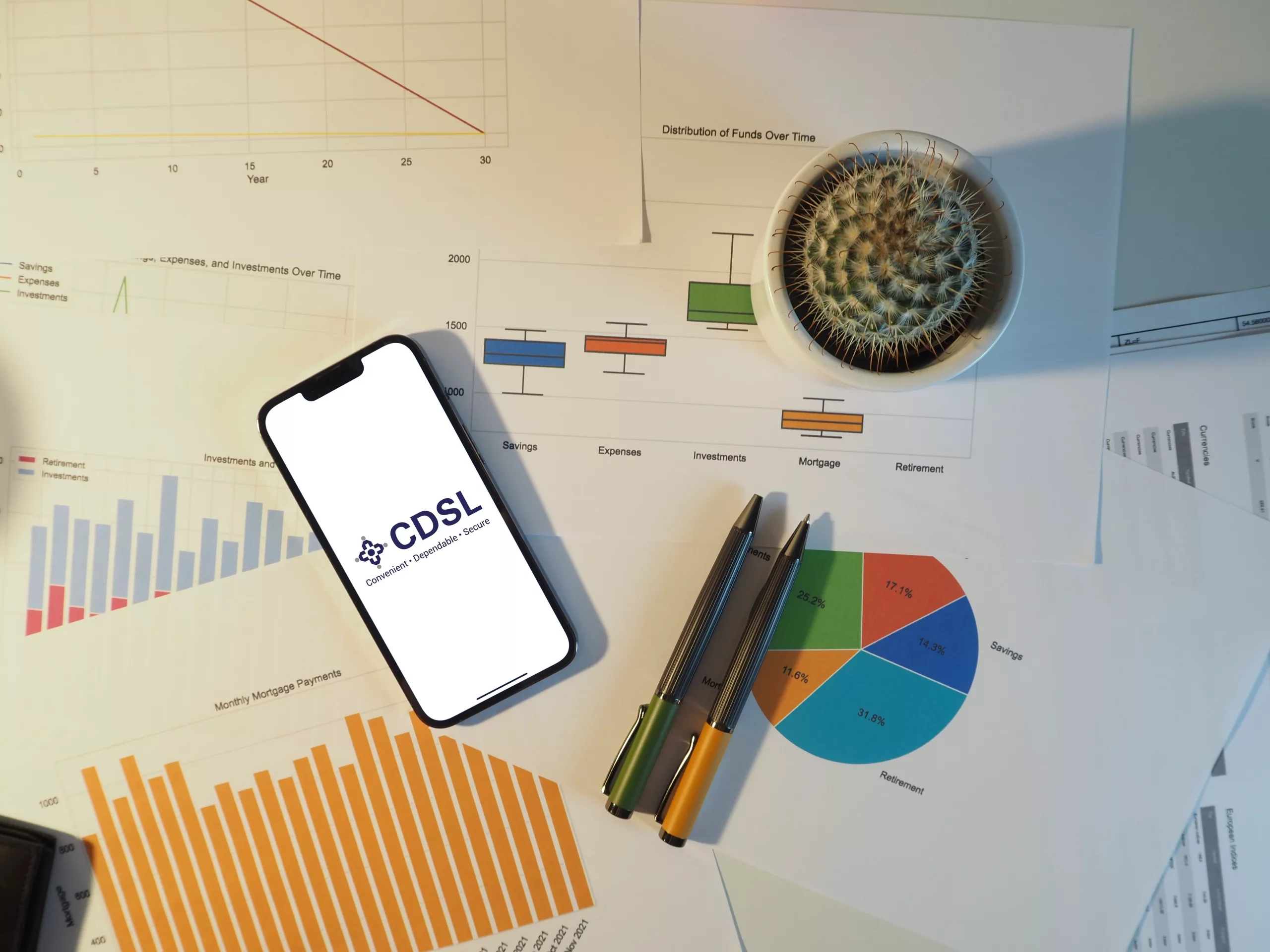All you wanted to know about Personal Loans

What is a personal loan?
All loans are generally given either against the security of tangible assets or against a personal guarantee of the third party. Unlike a home loan, cash credits, overdrafts, car loans or loan against property which are given against security of physical assets, personal loans are given without any security. The education loan is also generally provided against the guarantee of the parents or a third party. A personal loan is the only product where the borrower has to neither provide any asset as security nor even have to arrange for a third party guarantee. As the name suggests the personal loan is loan given to the borrower only on the basis of his personal undertaking to repay.
However, it is not that anyone and everyone can get a personal loan. The personals loan can only be availed by a person who has a regular source of income. Personal loans are generally available to salary as well as self-employed people but not to students and retired persons who do not have any regular source of income. Generally, for personal loans, no joint borrowers are allowed and the eligibility for the loan and the amount of loan available is entirely based on the profile of the borrower.
So unless one has a regular source of income, one can not get the personal loan even if he has many valuable assets. This is because the lender is interested in getting his loan serviced and not in taking over the assets. So if a person has a regular source of income he may be able to get a personal loan even if he does not own any valuable asset but the reverse is not true.
Why personal loans are so popular?
Why people take a personal loan? There are many reasons for one to take a personal loan. In a majority of the cases, personal loans are taken by the young people who generally do not own sufficient assets to provide as security. For such people, the personal loans come handy as the personal loans are given only the basis of your regular income without looking at your financial worth.
One more reason for people to seek personal loans is that the time taken to process the personal loan application is minimal as the borrower does not have to provide any security or personal guarantee.
In case the loan is taken against the security of a property, the lender has to examine and evaluate various documents related to the property which is very time-consuming. The lender also has to get the valuation of the asset done to arrive at the amount which can safely to lend against the security of such asset. Even in case of personal guarantee of the third party, the lender has to evaluate the creditworthiness of such guarantors and also have to examine various documents, which takes relatively more time than the mere plain evaluation of the borrower’s eligibility.
In some of the cases where you have a salary account with the lender, you can get the amount of personal loan credited to your bank account within minutes. So it is the speed with which the personal loans applications are processed that makes it a more popular form of borrowing.
In addition to the quicker processing time, personal loans are very popular because generally no strings are attached with the use to which you can put the money borrowed under a personal loan. So you can take the personal loans even without specifying the purpose for which you are borrowing the money. The actual end use of personal loan varies from buying a costly gadget to funding the exotic holidays abroad. It can also be used in a medical emergency.
Personal loans are also be availed for meeting the education and marriage expenses of your children or meeting your own marriage expenses. Some people even time their application for a personal loan in such a way that they the amount received as a personal loan is simultaneously used for funding the margin money for the purchase of the house property while applying for home loan.
People also resort to personal loans for meeting expenses of repair, renovation of your existing house or for the purpose of furnishing the newly acquired house. So personal loans are taken for all the conceivable uses. You name the financial need and the personal loan can come to your rescue.
Traditionally Indian public generally did borrow and believed in living within its means. Even in cases of home loans where the repayment schedule available is up to 20-30 years but a substantial number of home loan borrowers foreclose the home loan within 5-8 years. Since the personal loan has shorter repayment tenure of between 12 to 60 months, it fits in Indian psychology of getting debt free sooner than later.
In addition to the peculiar reasons for which people take personal loans, there are several occasions and reasons why personal loans are taken and have become popular. With the markets flooded with aspirational products be it costly gadgets or holidays to exotic places, the new generation has started spending very lavishly unlike their earlier generation which had believed in living within their means. This psychology of wish to live in present than worry about future has made the personal loans very popular of late.
Documents required for personal loan
Since for salaried people the flow of income is regular, they find it easy to get a personal loan. As explained above the personal loans has a unique feature of quicker processing. Still, the personal loans are generally not available across the counter.
The borrower has to submit some documents to the lender to establish his/her identity, residential address and the ability to repay the money borrowed by way of regular income. For the purpose of establishing your identity, you have to submit one or more the documents like Aadhaar Card, PAN card, Passport, Driving licence, electrify bill, telephone bill, demat statement, bank statement, Passbook etc.
In order to establish your residential address, you can submit leave and licence agreement, purchase agreement in case you own the property. In the case of rented property, the lender can insist that the borrower should have been staying the same accommodation for a minimum period generally more than one year. Even the Aadhaar card, Passport copy, driving licence may also help you establish your place of residence.
The next set of documents which you need to provide with your personal loan application to prove your income levels and its consistency. The income documents will help the lender determine your eligibility in an amount of personal loan which you can avail. The type of documents which a salaried person has to provide provides will differ from a self-employed borrower.
A salaried borrower has to provide a copy of form no. 16 issued by the employer for two years. You may also have to provide the salary slips for the last six months to establish that you are still employed with the same employer. The lenders generally insist for a minimum of two years of work experience with a minimum of one year with the present employer. The conditions of two years of work experience are generally relaxed for professionally qualified borrowers like Chartered Accountants, Company Secretaries, Doctors, Engineers, Architects.
In addition to the salary certificates and salary slips, the borrowers generally ask you to submit the bank statements for past six months to establish that the salary is, in fact, credited in the bank account. The bank account also generally helps the lender assure itself that no other loan is being serviced by the borrower.
For the self-employed borrowers, the documents required to be submitted are generally more as compared to the one salaried has to submit. As far as the documents for establishing your identity and your residential address are concerned, the documents required are generally the same for a particular lender.
In addition to these documents, the self-employed applicant has to provide documentary proof of his place of business. It can again be a leave and licence agreement or property purchase agreement. The borrower also has to prove documents for his registration under various applicable laws like shop and establishment agreement, GST registration number, membership of industry association. In case the borrower is professionally qualified, he may also have to provide the documents evidencing his professional qualifications as well as members of the institution. For example for a Chartered Accounts, it can be evidenced with a certificate of members ship and certificate of practice issued by the Institute of Chartered Accountants of India.
For the purpose of substantiating his income, the self-employed person has to submit a copy of his Income Tax Return with accompanying documents together with copies of Profits and loss account/Income and Expenditure account and the Balance Sheet. In case your accounts are audited, you will have to submit the copies of audited accounts with auditors report. The lender may also insist that in case the accounts are not audited, the borrower to submit the statements of his accounts duly certified by a Chartered Accountant.
Why your credit score and your credit history is important for personal loans?
Since the personal loans are given without taking any collateral security, the lender wants to ensure that the default in repayment of the personal loan is minimised. For this purpose, the lenders obtain your credit score and credit history from any of the credit information bureau. So unless you have an excellent credit score and good financial discipline, you will not get the personal loan.
Generally, for CIBIL a credit score of more than 750 out of 900 is considered good and establishes your primary eligibility to get the personal loan. The other factors like nature of employment, business, experience, your age, geographical location etc. are also taken into account after evaluation of your credit history.
Eligibility for personal loans in terms of money
Your eligibility for getting personal loans in terms of quantum depends on various factors.
First and foremost criteria for determining the amount of personal loan you are eligible for is based on your regular income. While determining the personal loan available to you, the lender reduces the amount of EMI being paid for any existing loan from your eligibility. So to enhance your overall home loan eligibility in case you have a running loan, which is reducing your overall eligibility, it is advisable to pay off the loan in full in case only a few of instalments are pending. Since the personal loans are not given for very long tenure, you can still enhance your personal loan eligibility if you opt for longest possible home loan tenure.
As far as eligibility in term of quantum is concerned the lenders treat around 50% of your take-home salary as available for servicing the EMI and based on it the amount is determined. Since the self-employed have the general tendency to under-report their income, the lenders consider a higher proportion of their income as available for servicing the personal loan as compared to the salaried borrowers.
Tenure and prepayment charges
As the personal loans are generally taken for the purpose of meeting certain current expenses unlike the home loan which is given for longer period, the minimum tenure is generally 12 months with maximum period for which the personal loan is available is generally 60 months. Some of the lenders give personal loans even for an extended tenure of 72 months.
Though you can prepay your outstanding personal loan anytime after the initial lock-in period, lenders generally charge a prepayment penalty for such prepayment. The amount of prepayment penalty would depend on various factors like when you want to prepay and what is the amount of prepayment you are making. Certain lenders do not charge a prepayment penalty if only a certain portion of a personal loan outstanding is being prepaid.
So it is very important for you to opt for the optimum tenure of the personal loan taking into account factors like amount of personal loan requirement, future cash flow etc. and it’s a certainty. Choice of optimum loan tenure will help you save on interest as well as on any prepayment charges which you may have to pay in the eventuality of prepayment of the personal loan.
Mode of applying for personal loans
With an increased use of technology and time being of the essence in case of personal loans, almost all the banks, as well as NBFCs, have made the applications for personal loans available online. While applying online you may have to upload various document online duly self-certified. It is not that one can apply for personal loan online only. The lenders let you make a physical application as well for a personal loan as well for the borrower who is not so tech savvy. Since the processing time taken for personal loans in case of online application is significantly lower, people prefer to apply for the personal loan online.
Rate of interest and processing charges
As the personal loans are given without any security or guarantee, the probability of the borrower defaulting is relatively higher. In order to provide for costs of such defaults, the lenders generally charge a higher rate of interest on personal loans as compared to other secured loans. The rate of interest on the personal loan will vary across various lenders.
Moreover, even the rate of interest charged by a particular lender would also vary across various borrowers depending on the profile of the borrower. The rate of interest charged from the salaried employed with very reputed and a listed company is lower than those charged to employees of lesser-known employees. The rate of interest charged from the self-employed borrower is higher than those to salaried persons. Even within self-employed the rate of interest charged from professionally qualified applicants is lower than those engaged to people engaged in business. The rate of interest varies from 12% to 26% across the lenders.
In addition to the interest which you have to pay, you also have to pay charges for getting your application processed called processing charges. The processing charges also vary across the lenders between 0.5% to 2% depending on the amount of the personal loan and your existing relationship with the lender. In case you prepay the personal loan before completion of its originally fixed tenure, a majority of the lenders charge you a penalty for such prepayment which is called prepayment penalty in the banking parlance.
There are other charges which you may have to pay if you take personal loans. These are charges for supplying the statements of accounts, for bouncing off the EMI or cheque etc.
Mode of repayment of personal loans
The personal loan is repayable over the loan tenure through equated monthly instalments (EMI) where the amount paid over the entire tenure is same. The instalment consists of two components, interest on the loan amount outstanding and repayment of the principal repayment. As the principal amount of the loan gets reduced, the interest component comes down over the period and the amount of principal repayment goes up with each instalment.
The payment of EMI may be made by various means depending on whether you have borrowed from a bank or from an NBFC. In case the money is borrowed from a bank where you have a bank account, the EMI gets debited on the due date to your bank account. In case the personal loan is taken from NBFC or a bank where you do not have a bank account, the EMI can be paid either by post-dated cheques or it can also be paid by a way to ECS debit to your bank account on the due dates. In case the ECS or cheque bounces due to any reason, you have to pay some penalty as well as penal interest for the delayed payment of the EMI.
Tax benefits of personal loans
Though the income tax laws do not provide for any direct provision for tax benefits in respect of personal loans at the same time, it does not prohibit claim of interest paid on personal loans.
So in case the money borrowed on personal loan has been used for the purpose of acquiring or constructing a new house property, or it has been used for the purpose of repairing, renovating an existing property, you can claim the interest paid on such personal loan. This deduction can be claimed under Section 24(b) of the income tax Act, however, no tax benefits are available in respect of repayment of principal amount of personal loan taken by you as for claiming this benefit under Section 80C the loan is required to be taken from some specified institutions. This benefit can be claimed by salaried as well as self-employed.
However, in case the money borrowed as the personal loan has been used for the purpose of your business or profession, the deduction in respect of interest can be claimed under Section 37(1) of the Income Tax Act. It can be used for the working capital or may be used for acquiring a capital asset like a computer or any other plant and machinery.
For claiming the tax benefits, whether for house property or for business, you need to conclusively establish the end use of the money which can be established with the bank account where the amount of personal loan has been credited.
Why Andromeda for your personal loan needs
A question may arise in your mind as to why should you chose Andromeda for your personal loan requirement. Andromeda is a pioneer and leader in providing an online comparison of various loan products. With the online comparison platform provided by Andromeda, you can conveniently choose the lender from whom you should borrow. In addition to providing online comparison facility, you can take the assistance from its call centre where the executives will hand hold you through the entire process and make your experience smooth without any hindrance







